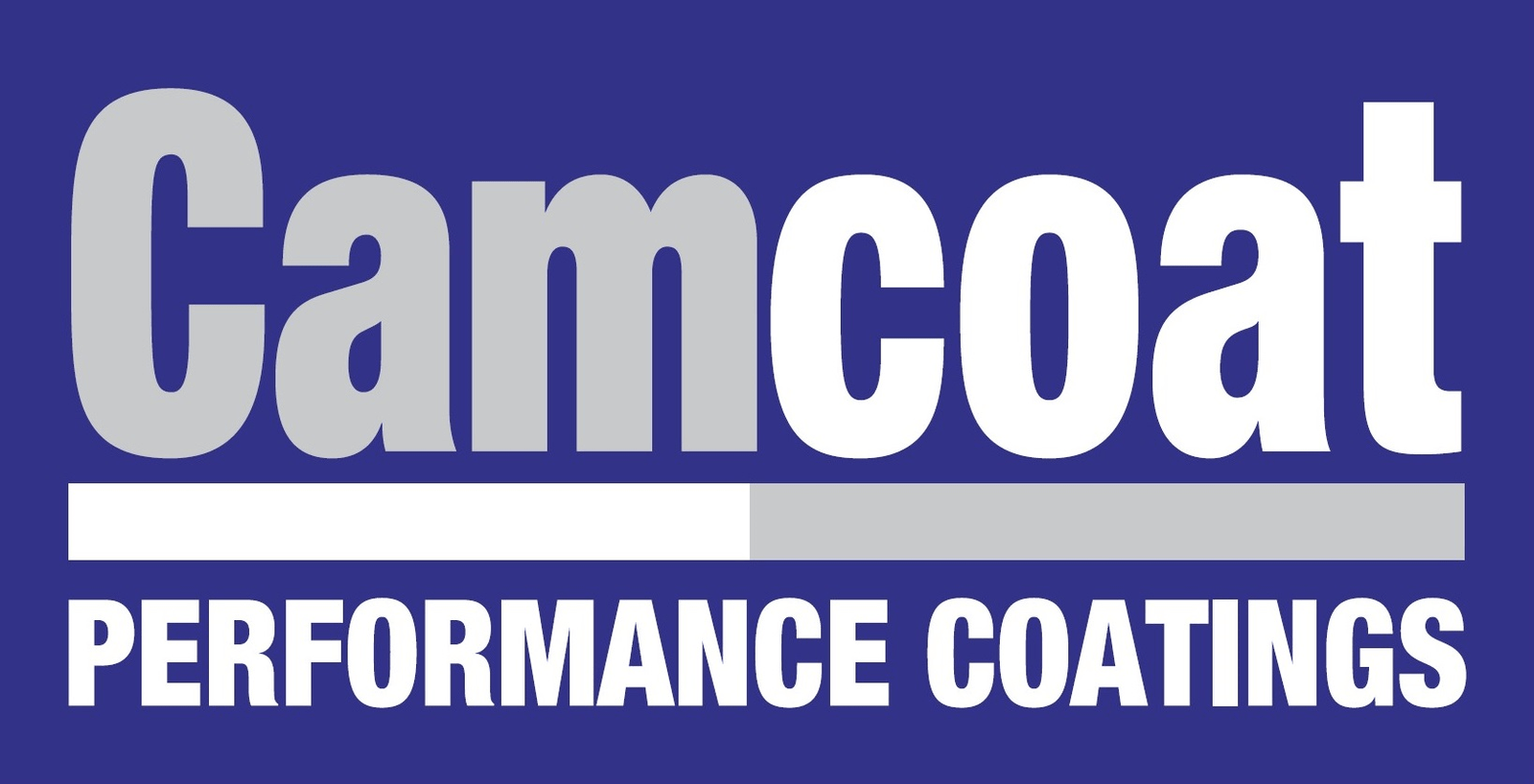History of Diamondyze Anodising
Anodising aluminium has been around for nearly one hundred years. There are three basic types for specific applications but each has a downside either in terms of hardness, wear, or corrosion resistance, choice of colour, or component dimension growth.
Type I - Chromic Acid Anodise
Chromic Acid Anodise has a minimum thickness of 18 microns giving excellent corrosion resistance and is used mainly on products that must withstand continuous outdoor exposure.
Type II - Sulphuric Acid Anodise
Sulphuric Acid Anodise is a thinner coating at 10 microns minimum and is therefore restricted to applications where outdoor exposure is not an issue or where the item is cleaned regularly.
Type III - Hard Anodise or Hardcoat
Hard Anodise or Hardcoat is a thicker coating at a minimum of 25 microns that gives exceptional durability for use on applications where corrosion and wear are key factors.
A new category - Type IV
Now there is a Type IV which overcomes all the downsides. It goes under the trade name of "Diamondyze" and is applied exclusively in the UK by Camcoat Performance Coatings Ltd.
With equal or better hardness, smoothness, and wear resistance compared to hard anodising, Diamondyze is applied in such a way that the dimensional growth of the item is practically zero. This means aluminium components can be machined to final specifications and even threaded without the need for any post anodising remachining. When it comes to threads, the low friction of the smooth Diamondyze surface actually gives a freer fit than with bare metal.
For many aluminium precision components, the color black is fine. However, there are applications where color coding is needed in addition to all the other benefits of Diamondyze. Medical equipment where different and often corrosive gases are used is a good example.
History of "Diamondyze" Anodising
Diamondyze was developed by Dale Hupe of Hupe Manufacturing, an anodising company in Canada, and Leonard Warren, an American ceramic coating specialist.
Tech Line Coatings Inc. in the USA, a leading manufacturer of polymer ceramics for a number of years and at that time owned by Leonard Warren, was licensed to manufacture and market Diamondyze. The basic concept is that by altering the usual anodising procedure parameters micro ceramic materials are introduced into the pores of the base metal during the anodising process. This combination of ceramic and aluminium oxide within the base metal gives the unique surface properties of Diamondyze.
As the European Agent for Tech Line Coatings Inc., I went over to watch the installation of a Diamondyze anodising plant in the USA. The first parts off the line impressed me so much that I established a separate but carbon copy facility in the UK, partly funded by a grant from the NAA (Northern Automotive Alliance).
After some months of perfecting our application of the process, Diamondyze was introduced into the UK market with custom soon resulting from manufacturers of veterinary equipment, top-level camera parts, high-speed motors, brake and suspension components, and similar high precision parts.
What metals can be Diamondyzed?
Typical to any of the anodising processes aluminium is the prime candidate metal and most grades can be treated. The resulting properties of the surface finish and the nature of our production facility mean that the target applications are smaller precision components rather than large architectural structures. The cost is much the same as Type III hard anodising. With the growing LCV and energy conservation markets, we envisage new applications such as Diamondyzed pistons, with or without our existing piston coatings, for alternative fuel ICES substituting Diamondyzed aluminium components for steel in automotive and marine applications (passed an 8,000hr salt spray test) in the quest for lightweighting and laboratory equipment.
If you have or know of a product that the Diamondyze ceramic anodising would benefit from the advantages of the process and so enhance the use of aluminium, please contact us on 01925 445003 or info@camcoat.com.
by Peter Carter
